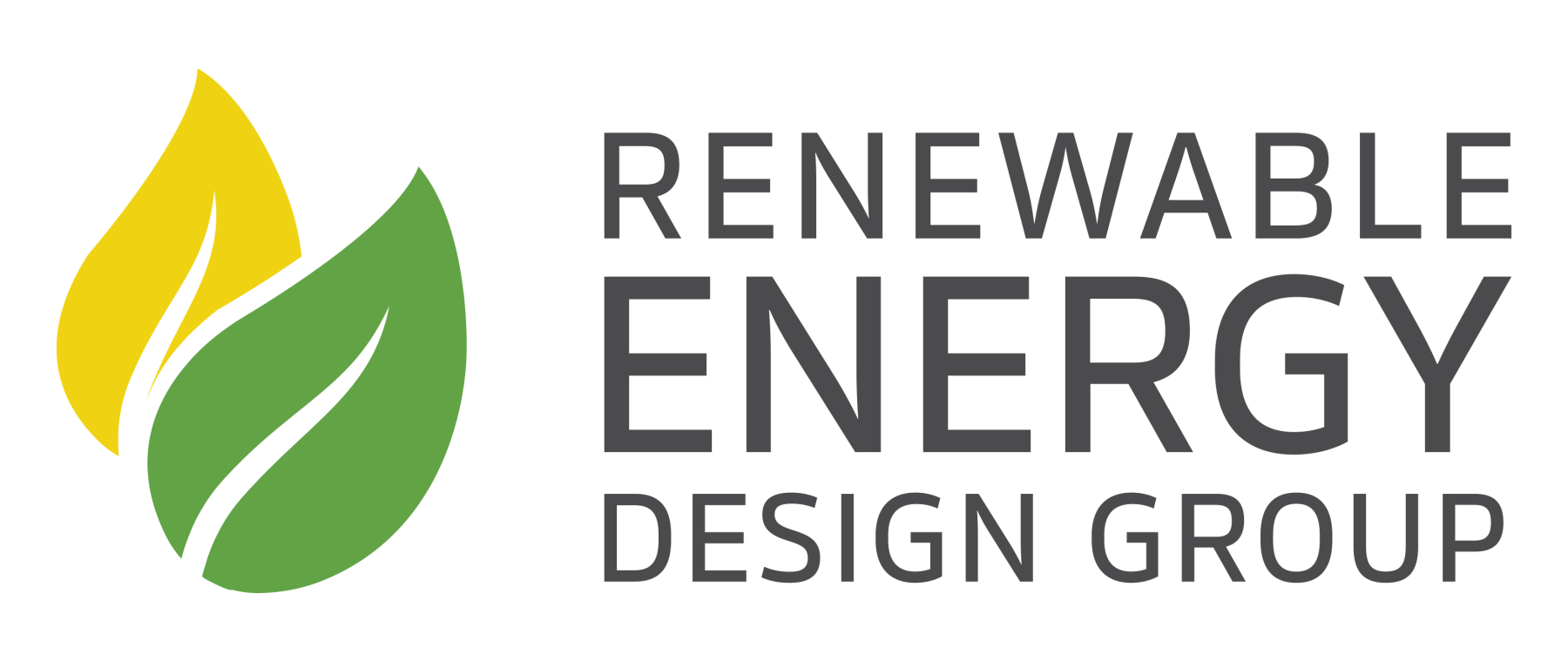As North Carolina transitions to sustainable energy sources, the agricultural sector is one industry where solar power can make a significant impact. Solar technology can increase farm efficiency, reduce energy costs, and improve the sustainability of agriculture. In this article, we will discuss the advantages of using solar power in agriculture and provide guidance for farmers on how they can introduce these technologies.
Reduced Energy Costs
Installing solar panels on a farm can significantly reduce energy costs by generating electricity from a renewable source. By investing in solar, farmers can become independent from rising energy prices and unpredictable grid outages. Solar power systems have a long lifespan, with most panels lasting for 25-30 years, making them a sustainable long-term investment.
Increased Efficiency
Solar power not only reduces energy costs but also enhances farm efficiency. Solar water pumps can be used to irrigate the land, reducing the dependence on grid power or fuel-driven pumps. This leads to cost savings for farmers and results in a more sustainable water management systems. Additionally, farms can install solar-powered ventilation systems, reducing the temperature of green houses or barns in the hot summer months, increasing plant productivity, and improving animal welfare.
Environmental Benefits
The agriculture industry is heavily reliant on fossil fuels for energy consumption. The use of renewable energy sources can provide a significant reduction in carbon emissions and other harmful pollutants. By going solar, farmers can take an active role in reducing their carbon footprint, making a positive environmental impact while ensuring the sustainability of the agriculture sector.
Additional Revenue Stream
Farmers can benefit from additional revenue streams by supplying excess solar energy to grid networks through net metering programs. Utilizing the roof space on commercial chicken houses is a simple way to create an investment that will produce a return of over 15%. Offsetting your energy use and getting credit from net metering lowers overhead and operating costs. Net metering is a system where farmers export surplus solar energy back to the grid, providing additional earnings and reduction of electric bills. .
Government Incentives
Governments encourage sustainable energy practices and offer various incentives and rebates to farmers who adopt solar technology. These incentives include tax credits, grants, and subsidies, making the investment in solar power a very lucrative option for rural farms and small businesses. .
Rural Energy for America Program (REAP) grants and loan guarantees through the United States Department of Agriculture (USDA) reduce up-front costs of sustainable power for farmers and rural business owners. 50% of renewable energy systems installed costs can be paid for by REAP grants. Reduced-cost financing for rural agricultural producers is also available through Carolina Farm Credit or with another RED Group lending partner.
What is Agrivoltaics?
Agrivoltaics refers to the practice of placing solar panels over or between crops, pasture land, and pollinator habitats, allowing for both electricity and agricultural production to take place simultaneously. The technology provides a chance to utilize solar energy twice, which could be advantageous for farmers, people living in rural areas, and the solar industry.
Agriculture Solar Panel Installation by RED Group
Since 2012, our team at RED Group has helped residential and commercial customers in the Carolinas take advantage of the sun’s energy and the abundant financial benefits that go with it. We can help you incorporate the latest solar panel technology into your agricultural operations. Making an informed decision involves evaluating the advantages of available options for your particular situation. We will come to your location to listen to your ideas and questions. Based on our years of solar experience, we will discuss your options and explain what solar solutions best suit your needs. Contact RED Group today for a free, no-obligation consultation.
